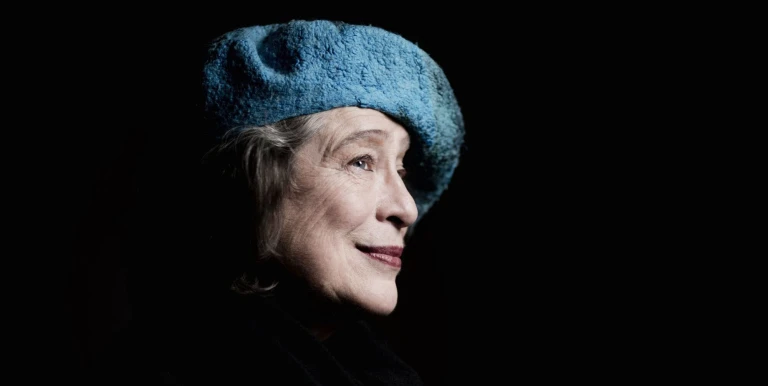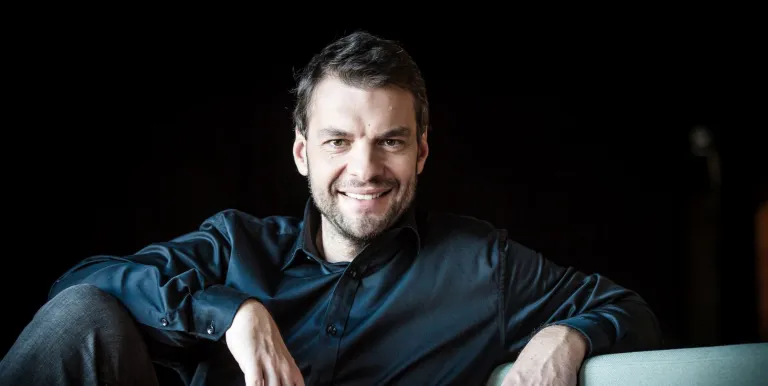one interval
Conductor:
Featuring:
Wagner
Götterdämmerung - Höre mit Sinn, was ich dir sage! (Waltraute's Narration from Act 1)
Wagner
Die Meistersinger von Nürnberg - overture
Wagner
Die Walküre - Leb wohl, du kühnes, herrliches Kind! (Wotan's Farewell and Magic Fire Music from Act 3)
Wagner
Die Meistersinger von Nürnberg - Was duftet doch der Flieder (Elderflower Monologue)
Wagner
Das Rheingold - Weiche, Wotan, weiche! (Erda's Aria)
Wagner
Der fliegende Holländer - overture
The Dvořák and Beethoven series is continuing! Over the course of three days, Elisabeth Leonskaja, the former duet partner of Sviatoslav Richter, will play two of Beethoven's piano concertos with the Budapest Festival Orchestra.
The concert will start off with the opening piece from Dvořák's lighthearted Legends. This series is often considered to be paired with the Slavonic Dances, and the second of these eight works written to their own melodies in the spirit of Czech folk music will be the next piece played. The Czech master's choral works for mixed voices, on the other hand, are only rarely heard in Hungary; following up on last year's success, the orchestra's members will this time perform I will not say. Closing out the first part of the concert will be one of Beethoven's piano concertos. Elisabeth Leonskaya was 11 years old when she made her début at her first concert as an orchestral soloist. This time around, she will be choosing between between the fourth and fifth piano concertos at her three appearances. Although the two pieces - both dedicated by the composer to his friend and patron Archduke Rudolf - are separated by only a few years, a critically important change occurred¬ between the times when they were written: Beethoven lost his hearing. The composer, who had played the solo part of his Piano Concerto No. 4, was unable to hear his student Carl Czerny's performance of his fifth one - almost certainly the reason why he abandoned writing concertos for piano. Both works topple the conventions of their time, as they both - for the first time in music history - start with the piano soloist playing.
Many people believe that the Symphony No. 7 is Dvořák's most successful piece. Influenced by hearing Brahms's Symphony No. 3, the composer decided to resume composing in the genre after a hiatus of five years. "There is not a single superfluous note in the work,” he wrote to his publisher. The work reveals seething Czech political passions just as much as it does the composer's peaceful and harmonious patriotism. In the slow movement, Dvořák mourns his recently departed mother and his prematurely deceased eldest daughter.
Presented by: Budapest Festival Orchestra
-
We wish to inform you that in the event that Müpa Budapest's underground garage and outdoor car park are operating at full capacity, it is advisable to plan for increased waiting times when you arrive. In order to avoid this, we recommend that you depart for our events in time, so that you you can find the ideal parking spot quickly and smoothly and arrive for our performance in comfort. The Müpa Budapest underground garage gates will be operated by an automatic number plate recognition system. Parking is free of charge for visitors with tickets to any of our paid performances on that given day. The detailed parking policy of Müpa Budapest is available here.










